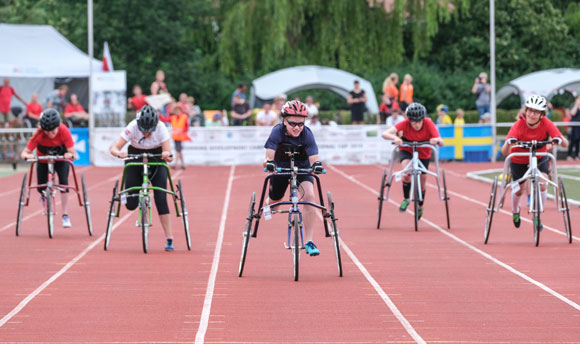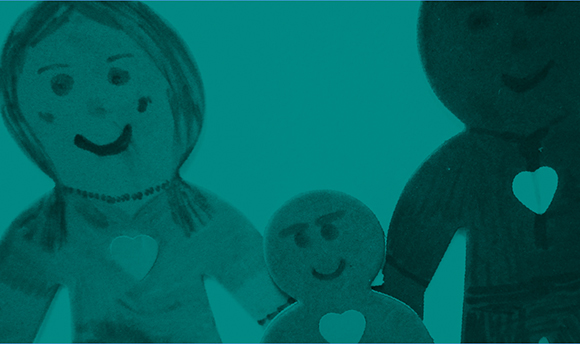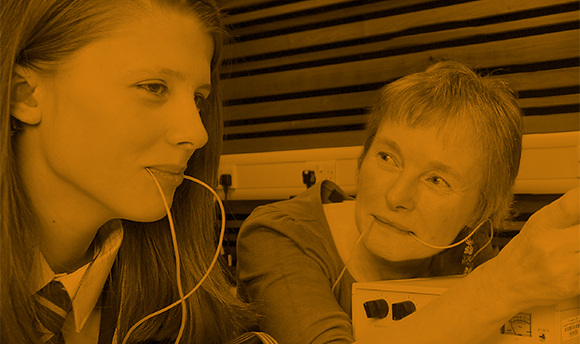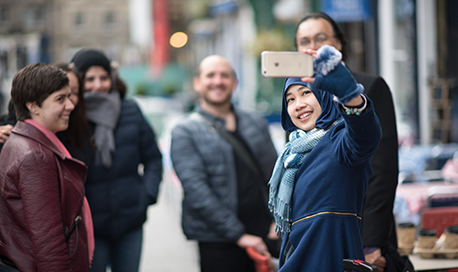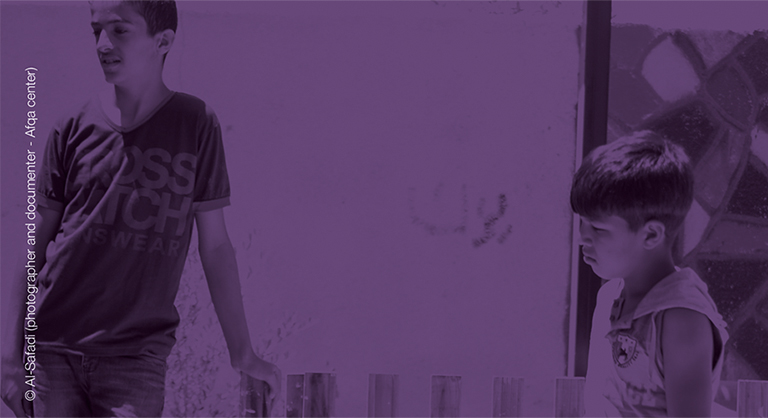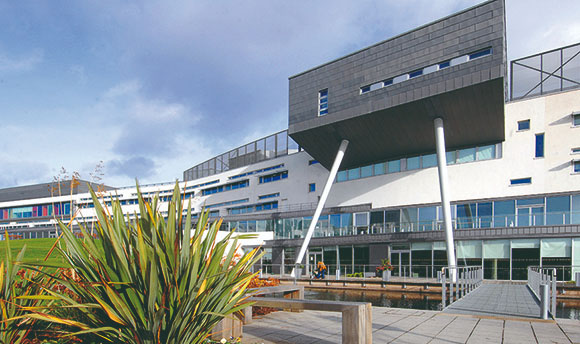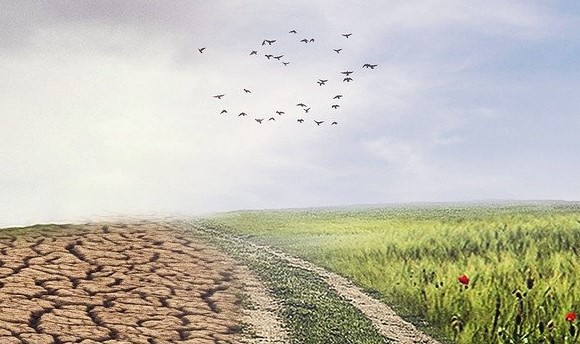Psychology, Psychiatry and Neuroscience
Psychology, Psychiatry and Neuroscience
Key statistics
In our submission to the Psychology, Psychiatry and Neuroscience unit of assessment in REF 21, based on work undertaken in the seven year period 2014-2020:
- We submitted 15 researchers, of whom 10 were women.
- We received a 5145% increase in external funding in this area in the census period for REF 2021 compared with REF 2014 (from £83,576 to around £4.3m).
Examples of our work
Dr Michelle Elliot has collaborated with Street Soccer Scotland in researching how football can support people on their journey to security and happiness. The extent of this collaboration is reflected in a formal memorandum of understanding between Street Soccer Scotland and QMU for the continuation of this research.
Prof Kirsty Forsyth, Dr Sylwia Górska, Dr Donald Maciver & Dr Marion Rutherford have enjoyed extensive collaboration and integration with health and social care services (NHS, social care, education) as well as with government bodies. Their children’s inclusion and participation research programme has very longstanding relationships with the Royal Hospital for Sick Children, NHS Lothian, and City of Edinburgh Council Additional Support for Learning services, as well as ongoing productive relationships with other education authorities across Scotland. This research team’s work within schools has focused on developing a cross-sector research programme, and has made significant contributions to policy and practice of health and educational staff acting to improve the practices of professionals working to improve the social and educational participation of children with special educational needs and disabilities. Materials derived from their research have been fully adopted within schools and across education authorities. Relatedly, they have a longstanding relationship with the Scottish Government, particularly the Scottish Government Mental Health Directorate and Education Directorate, and their associated staff and ministers.
Dr Siân Jones has collaborated extensively with partners in the toy industry conducting research that can inform the design and production of dolls and toys to promote identity and inclusivity for members of underrepresented and marginalized groups. These extensive collaborations have led to the production of dolls and toys that promote the representation and inclusion of children from groups that are traditionally underrepresented and marginalized, and that will thereby enhance health and wellbeing of children in those groups. This has included:
- work with #toylikeme, a not-for-profit organisation, to promote representation of disability in the toy industry, to boost self-esteem of children with disabilities, and to grow open minds.
- work with Lottie™ dolls, a company that manufactures figure dolls “inspired by kids” that demonstrate to all children that they can achieve anything they set out to accomplish. This collaboration has led to leaflets that accompany the dolls’ packaging.
- collaboration with Zuree™ dolls, a brand that manufactures figure dolls that are designed to promote diversity and show all girls they are truly beautiful regardless of their ethnicity.
- an evaluation for Buddy Bear Friends, a social enterprise that delivers early interventions for friendships in schools.
We have collaborated with the Anti-Bullying Alliance, leading to a seminar series that consolidated and developed further links between academics, policy-makers, anti-bullying charities, and education professionals with regards to the issue of bullying in schools. These seminars in turn led to an agenda for research and related theory, practice, and policy for the medium-term future in the UK and to the establishment of the UK-wide School Bullying Research Network.
Dr Jamal Mansour is a member of the Scottish Institute for Policing Research and has collaborated extensively with Police Scotland in conducting research into psychological factors involved in line-up procedures and in devising best practice for promoting confidence and effectiveness of eyewitness identification.
Prof Chris McVittie has collaborated with the Scottish Refugee Council in researching experiences of asylum-seekers and refugees based in Scotland, and the understandings of organisations that support these groups and the views of local communities towards them. He has also collaborated with CrossReach (Counselling Service) in devising and applying methods for evaluating the delivery of group psychotherapy services.
Dr Olivia Sagan has collaborated with a number of mental health self-help and campaigning groups including PD in the Bin and Lothian Bipolar Group. She collaborates with Kilifi University, Kenya on the Maranhi Secondary School project for street kids and The Life Foundation’s mental health projects in Slatina, Romania. Dr Sagan’s co-edited book The Recovery Letters was nominated for World Book Night and distributed in care homes, youth centres, colleges, prisons, mental health groups and other settings, generating a number of self-help / reading groups and raising awareness of the therapeutic impact of reading and writing.
Read the research impact case study Reducing waiting time for Autism diagnosis in Scotland on the REF 2021 website (available June 2022)
Read our full case study on our work on Free sugars intake and linked risk of weight gain
